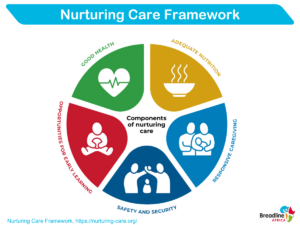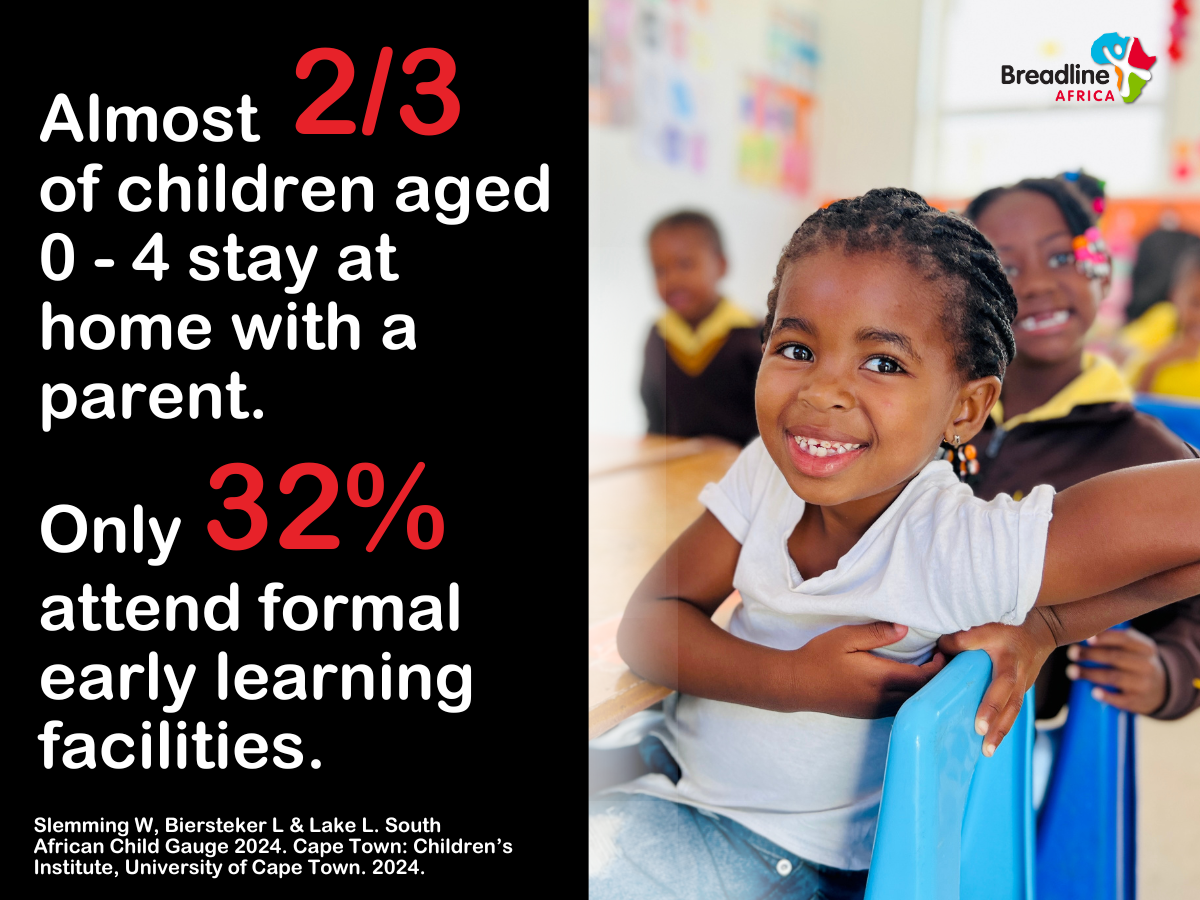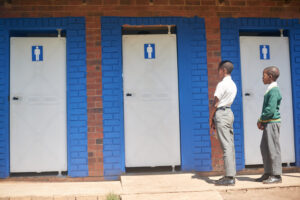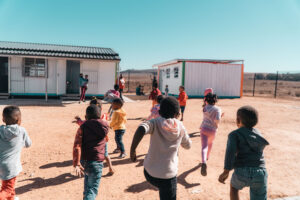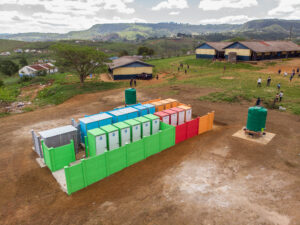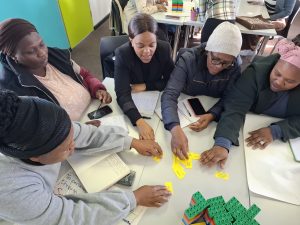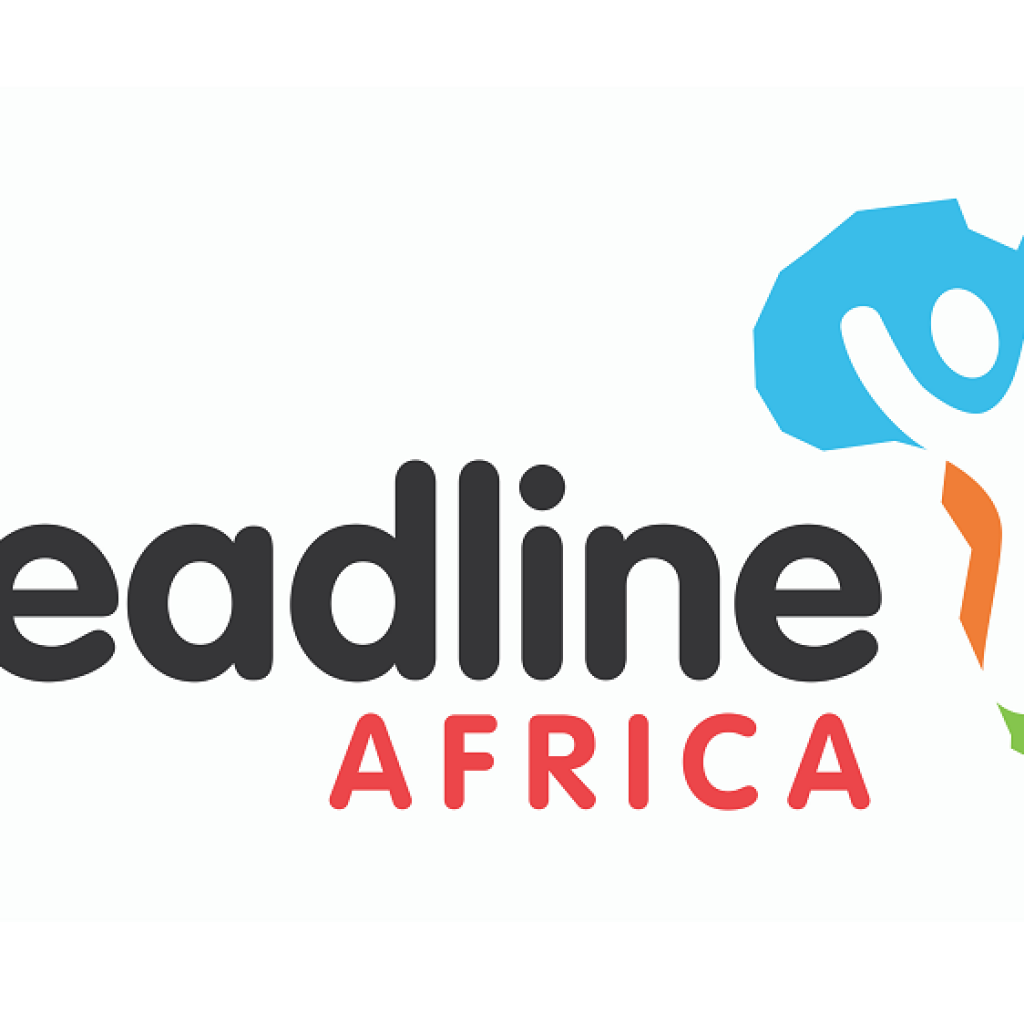By Patricia Martin-Wiesner, Advocacy Aid Director & Lene Øverland, COO Breadline Africa
With the UN Summit of the Future set for September 2024 in New York, global leaders are being called upon to make concrete commitments toward sustainable development. However, child rights organisations across South Africa and Sub-Saharan Africa are sounding a critical alarm: the future of the continent is at risk as our children continue to be left behind.
A powerful submission to the Summit, backed by over 120 NGOs, including prominent groups like the Families for Children Consortium, the South Africa Parent Programme Implementers Network (SAPPIN), and the South African National Child Rights Coalition (SANCRC), lays bare the urgent need to prioritise children’s rights in global development agendas. The message is clear—without comprehensive, universal parenting support that enables nurturing care, Africa’s broader development goals will remain unfulfilled.
While countries across Africa, including South Africa, have made policy commitments to support parents from conception until the age of three, the reality on the ground often falls short. These commitments are intended to ensure that parents receive the necessary support through a health system focused not just on survival but on holistic development. This foundational care should then be complemented by structured, quality early learning programmes from preschool through to matriculation. Unfortunately, there is a significant gap between these well-intentioned policies and their implementation.
The startling reality
– Globally, only 17% of the Sustainable Development Goals (SDGs) are currently on track. In Africa, a mere 6% of the 32 measurable SDG targets are progressing as planned for achievement by 2030, while the remainder are either stalled or regressing.
– As of 2023, more than 185 million children under the age of five reside in Sub-Saharan Africa, with this figure expected to rise to 200 million by 2030. By 2050, Africa is projected to be home to 1 billion children.
– Equally concerning is that less than half of these children under five are developing to their full potential, a statistic that is at risk of worsening as the child population continues to grow.
The submission underscores a critical truth: the failure to nurture Africa’s children is a key factor contributing to the continent’s slow progress towards the SDGs. This nurturing care deficit is further exacerbated by increasing social, economic, and political challenges.
The youth dividend at risk
Africa’s youth are often cited as the continent’s greatest asset, representing a significant opportunity for economic growth—a potential “youth dividend.” However, without fulfilling commitments to provide comprehensive support for parents and caregivers, this dividend may never be realised. The failure to invest adequately in the early years, particularly the first three years of life, risks undermining the potential of the youth and, by extension, the future of the entire continent.
A call for urgent action
The submission calls on the UN Summit of the Future to prioritise investment in integrated parenting support programmes as a critical step toward closing the nurturing care gap. It argues that the Pact for the Future, which Member States are set to endorse in New York, must explicitly commit to universalising comprehensive parental support from conception through to the end of childhood at age 18.
The call to action is clear: the Pact must ensure that comprehensive, sustained support is provided across the entire developmental trajectory of a child, rather than focusing narrowly on selected stages of life. The implications of neglecting this support are profound—failing to invest in our children today could mean significant costs tomorrow.
How can we, as individuals and communities, contribute to bridging the nurturing care gap for Africa’s children? Share your thoughts and ideas with us.
Lene Øverland, COO Breadline Africa – [email protected]
Patricia Martin-Wiesner, Advocacy Aid Director – [email protected]


